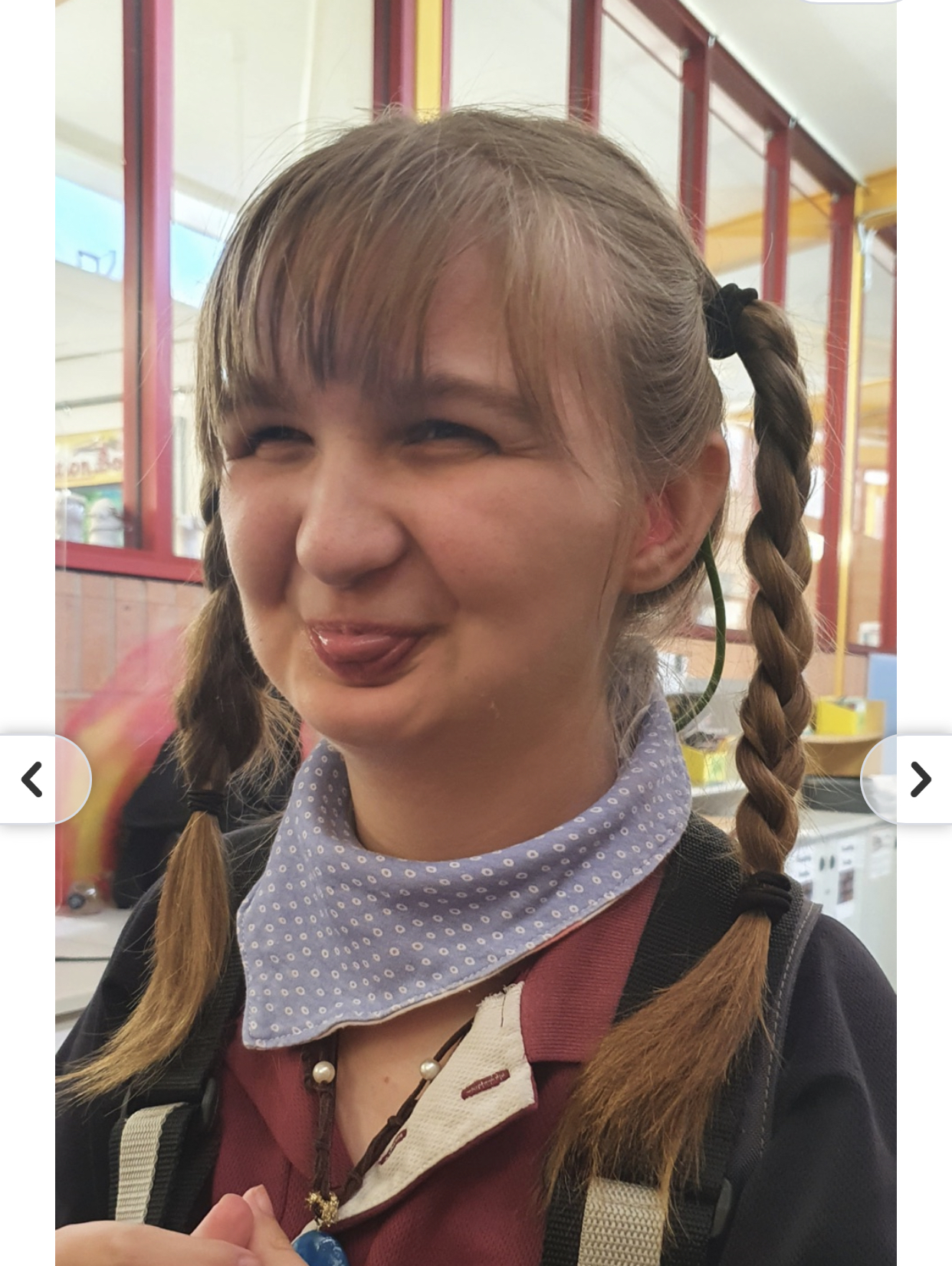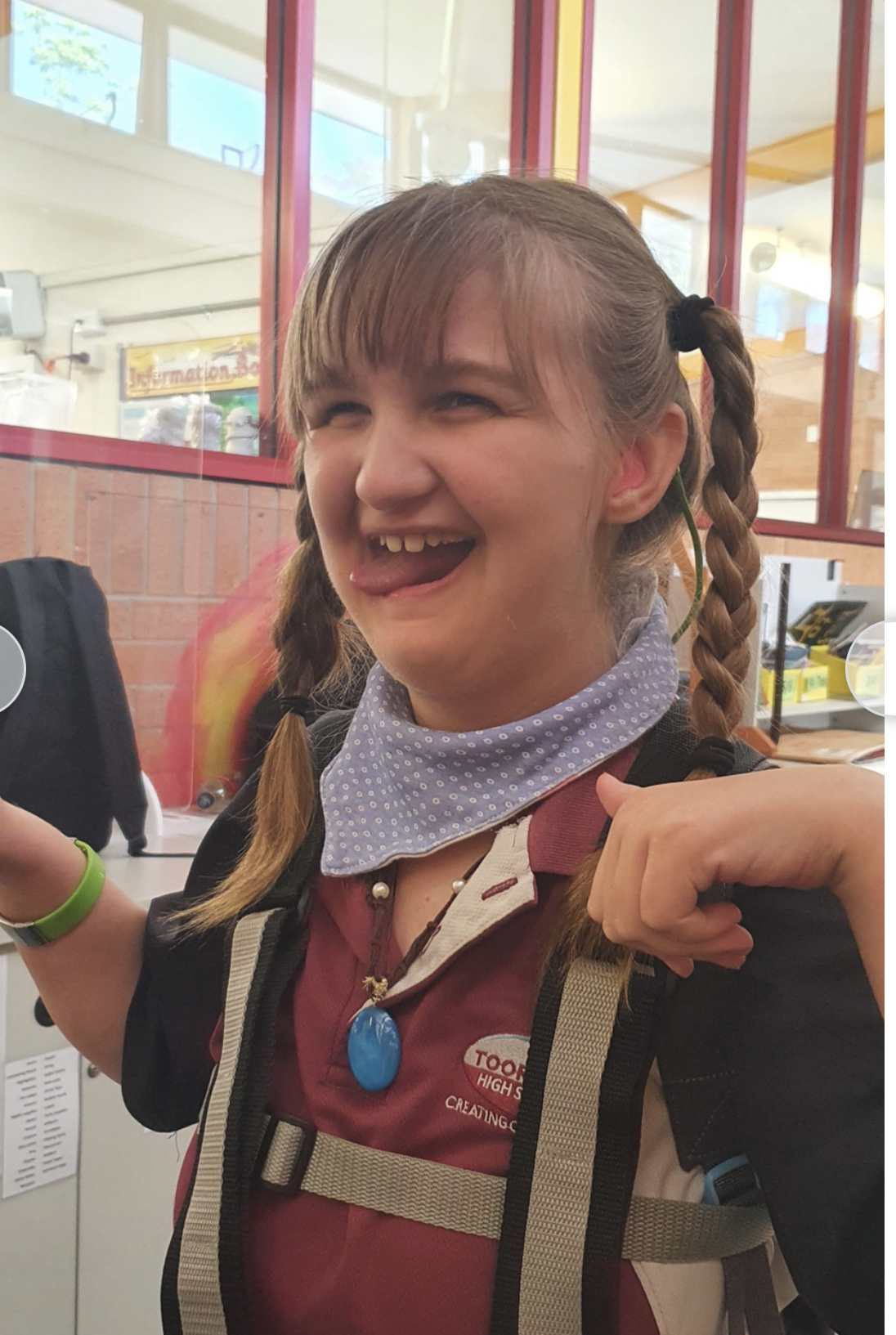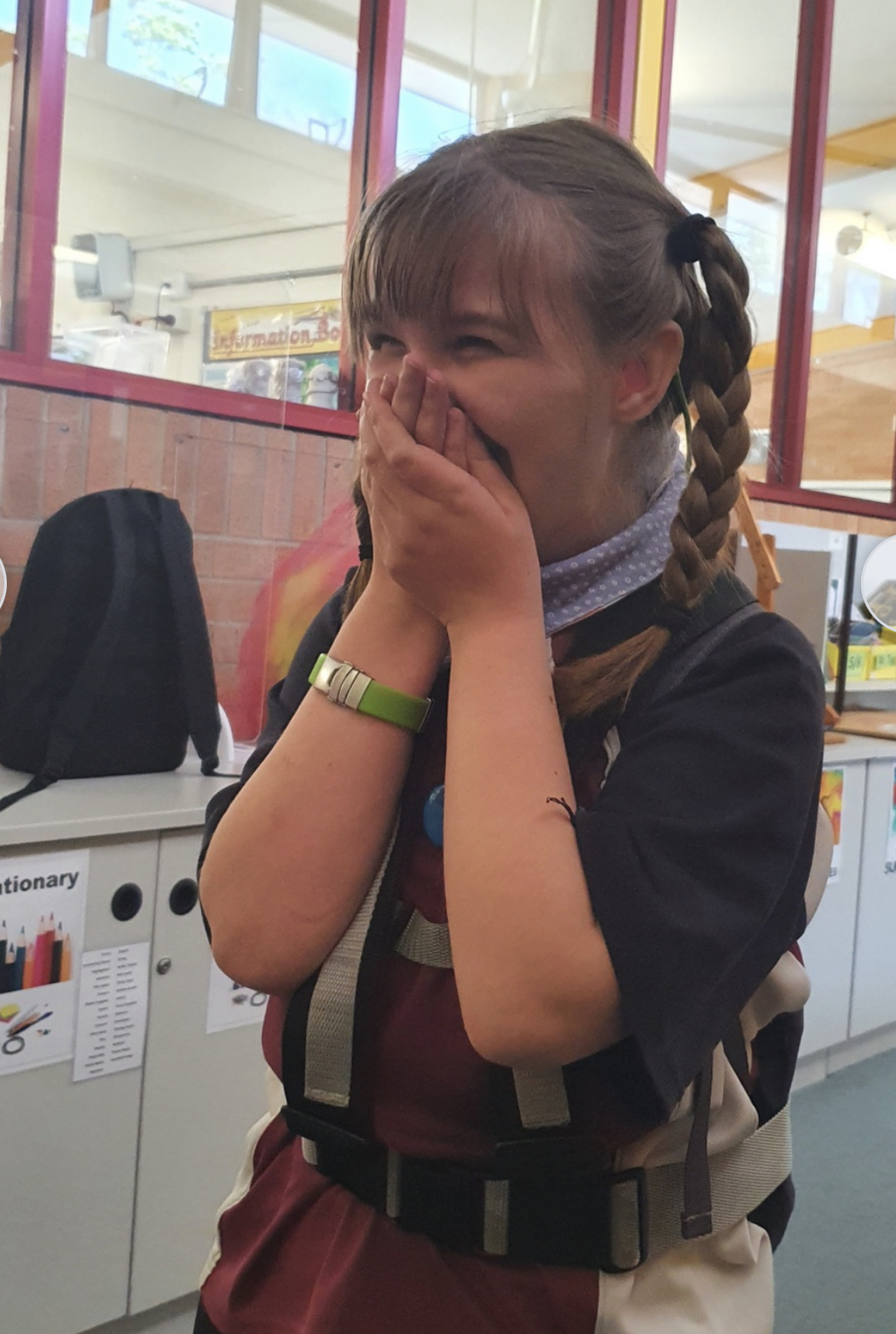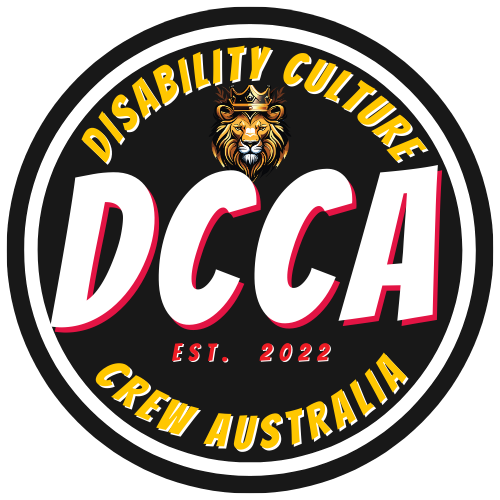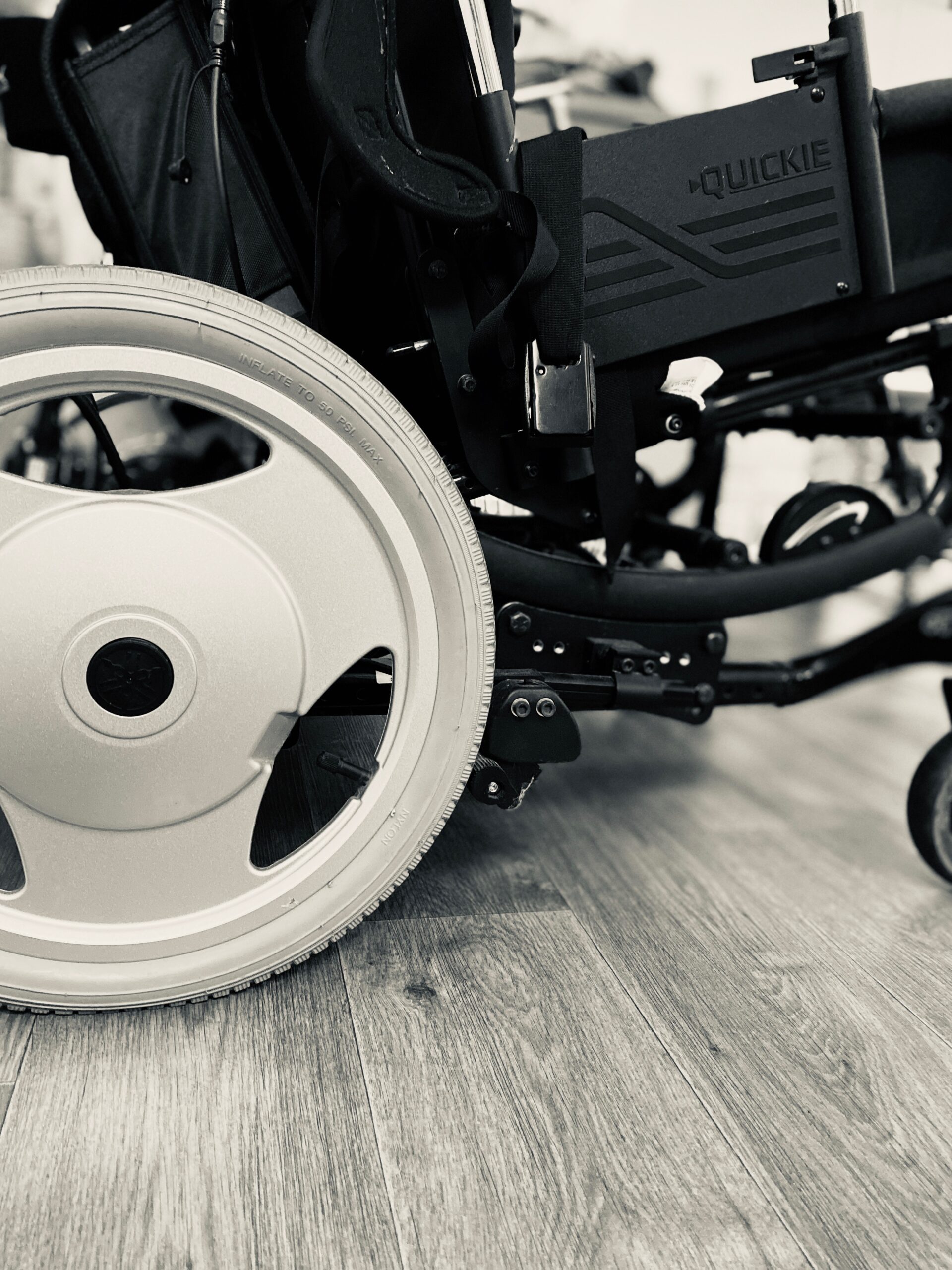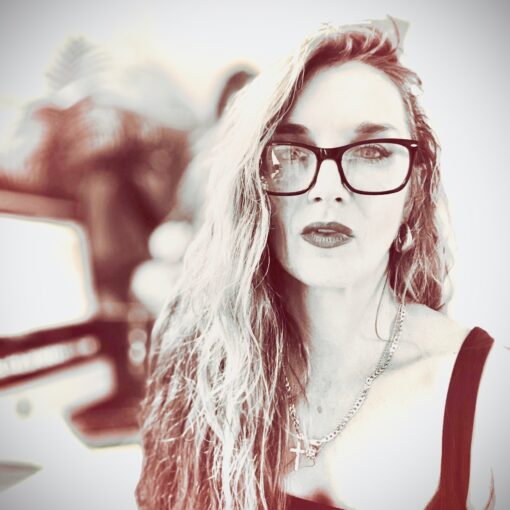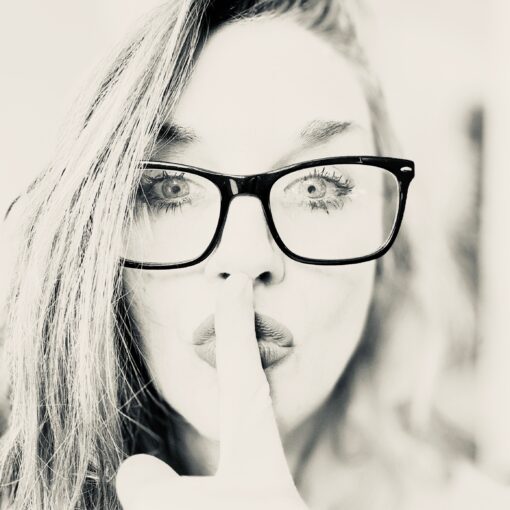There’s been so many people over the years that have said something to me about the inspiring nature of disability. I’ve heard so many comments about how they somehow feel more ‘inspired’ as a result of being around disability.
And I have really thought about this, and considered it at great length. Is disability really that inspiring?
I’ve heard many people within the disability community say that they don’t want to be seen as ‘inspiring’, simply for living their lives. It makes them feel weird, strange and uncomfortable. So, what is it about disability, and why do people talk so much about being inspired?
I can’t really answer this question but I know a couple of things, I know there are some real barriers that the disability community faces. For example there is really obvious yet accepted discrimination and rejection that tends to flow through the the general population.
Just for the record, I don’t believe that is intentional. I dont believe that people out there actually intend to be discriminatory towards or reject the disability community. Not for a second. But there is subtle discrimination everywhere. It’s every building with access issues that mean some of our disability community can’t enter. It’s every workplace and job they are looked past or thought to be unsuitable for. It’s every TV show or movie that has employed a person without disability to fill the roles of persons with disability. It is every time they get stared at in the streets or shops or each time that they are seen as a disability rather than a person.
Also it is littered throughout the way people think and speak.
I was recently asked a question by a woman old enough and educated enough to know better. Illyana was sitting quietly next to me in her wheelchair, while I was going over some paperwork.
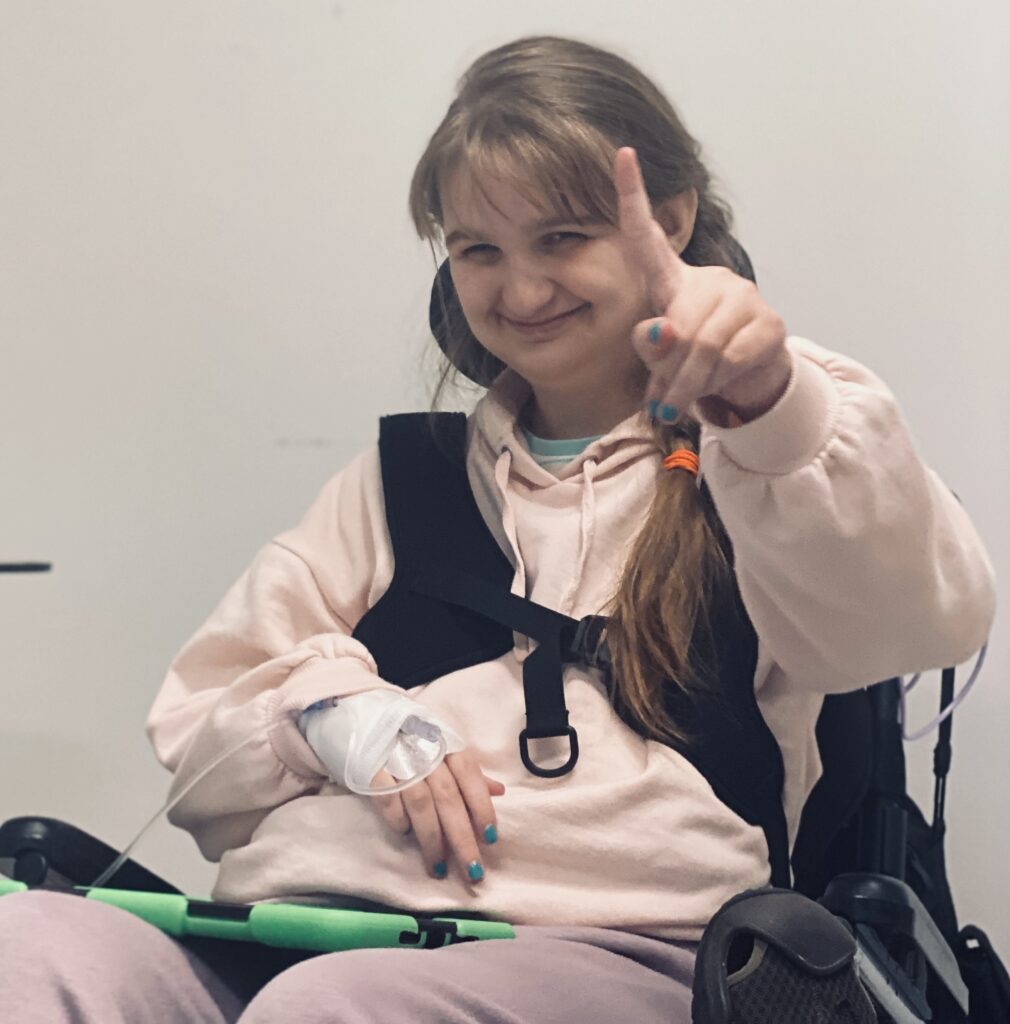
“What’s wrong with your daughter?” This woman asked me.
I lowered my head and prayed for a second that Illyana didn’t hear this line of questioning. I prayed that Illyana didn’t understand this train of thought. That she didn’t feel the sting of a stranger asking what was wrong with her.
I looked up, locking eyes with this woman and replied. ”Nothing….” Pause. “There is nothing wrong with my daughter. She only has a disability…”
She stumbled and her face flushed pink. She shuffled her feet and rubbed her arm awkwardly. I leaned into her and said. “You shouldn’t say things like that. Please don’t ever ask again what is wrong with a person.”
“I don’t believe it is intentional. I don’t believe that people out there actually intend to be discriminatory towards or reject the disability community. Not for a second. But there is subtle discrimination everywhere.”
Amy Husband
She dipped her head and apologised. I accepted her apology and went on to warn her about the nature of language and the power it has. I expressed my desire to protect my daughter from feeling as though she was a reject with something “wrong” with her. I did this specifically because this woman was employed within the disability sector itself.
This type of conversation is almost always unintentional but it is rampant. Conversations like these are really important to have, to open up the way the general population thinks and speaks about disabilities in general. I love to be part of kindly changing the way people think and realigning perspectives.
People with or without disabilities can face this type of rejection. It’s a generally painful moment for any person to sit in, not to mention a young person, to feel rejected for things outside of her control. Like her disability. This is universal, not solely just for people with disabilities. Most people have felt rejection, and most people understand it.
“Most people have felt rejection, and most people understand it.“
Amy Husband
I have always taught my children that the things that hurt you the most, can potentially be the things that can teach you the most. I’ve always pushed them to try and find the lesson in any pain they find themselves in. “ There is always an opposite and equal reaction to everything, and it is your job to try and find it.” I would say to them.
“Let me help you.” I suggested this time.
It was actually a very beautiful lesson to be found, because in order to be the opposite and equal reaction to discrimination and rejection; you needed to try to fully accept and embrace yourself.
To be rejected, essentially means that you do not have the opportunity to try and fit in. You are taken out of the race before you can run. If you don’t get the opportunity to try to fit in, it also means that you don’t need to go about performing the painful activities in order to try.
When I really thought about it, we all spend an awful lot of time trying to fit in. The act of trying itself is potentially painful, with each time that you fail to fit in you get stung by rejection. It’s a never ending task as well. If you need to worry about fitting in, then you need to worry about fitting in everywhere. In every classroom and different school setting, any and every workplace, new friend groups, business settings, parties, places, people. It’s endless and can be very time consuming.
For people like my daughter, who has been ‘gifted’ almost with rejection due to her disability, she has not had to be burdened by this.
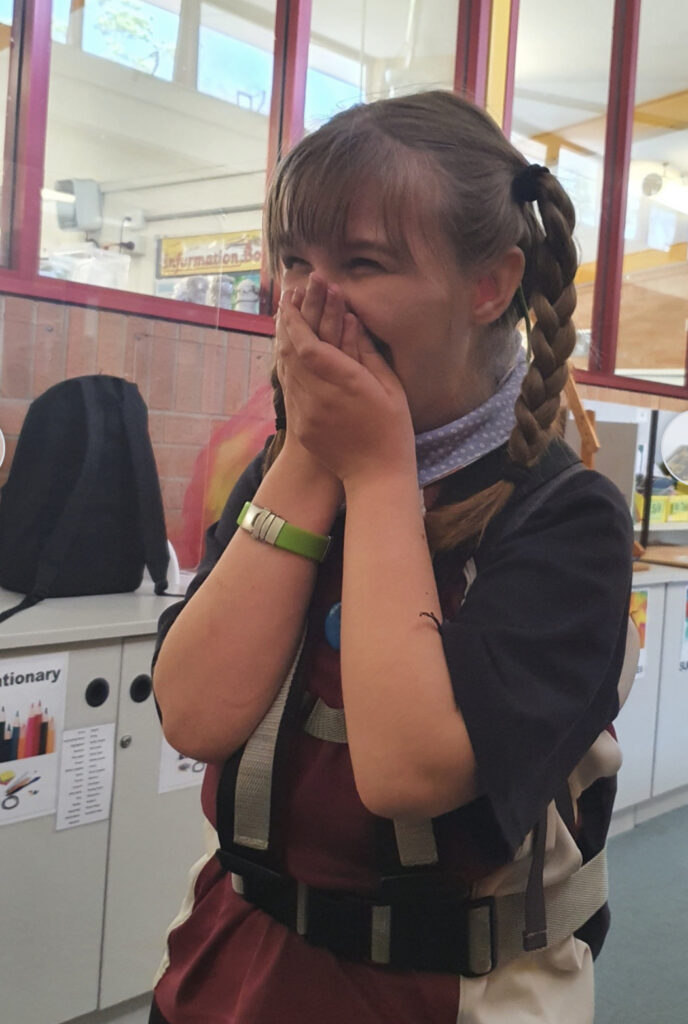
My daughter has never needed to try to be good enough either. And that was a direct result of being rejected. And this too was a very beautiful thing. To be never asked to run the devastating race of comparison she was saved from the devastating marks that comparison invariably leaves. Comparison is futile and damaging. Because again this is endless. If you need to try to be good enough, where does that stop?
Every school setting, every workplace, every person you meet, or place you go you are tasked with the job of being good enough. My daughter was never given that opportunity. She only needs to be good enough for herself, and she developed a very powerful, unshakeable sense of self as a result. She knows who she is, she knows what she wants and she knows where she is going. That energy fills the room around her. People admire that about her. And I have learnt a whole lot from her as a result. She has a real presence about her. She is intoxicating, and admirable. It’s not her disability that is inspiring, it’s actually her sense of self.
I don’t think that it’s disability that is inspiring itself. My opinion is that if you have thought you felt inspired or stirred by disability, maybe it t is what lacking as opposed to what disability gives.
The way my daughter is lacking the need to fit in, and she is lacking the need to be good enough, allowing her to embrace herself and love the skin she is in. And the funny thing is, that this is something that is within all of us.
